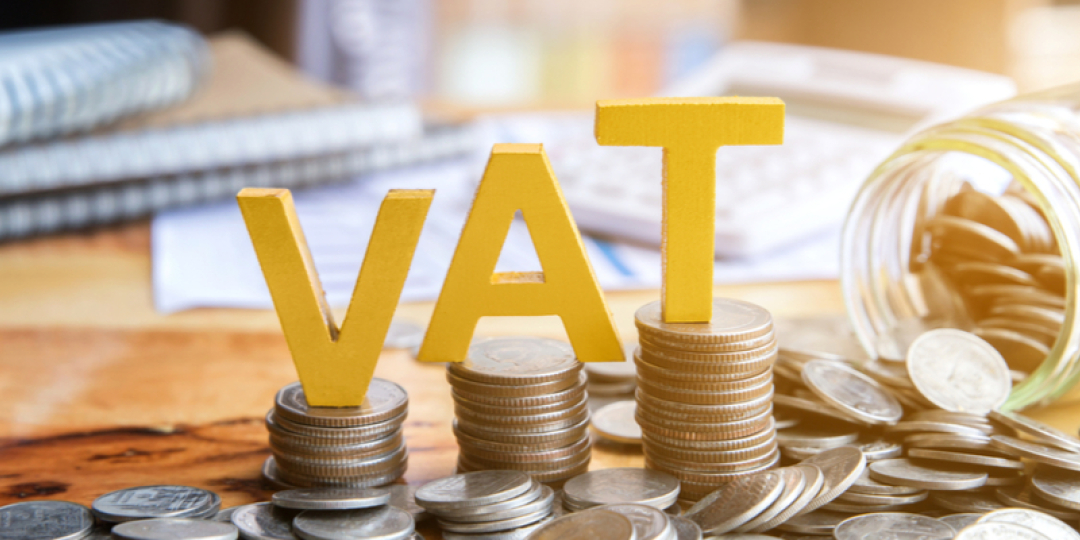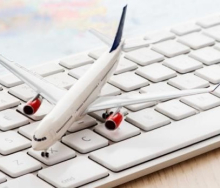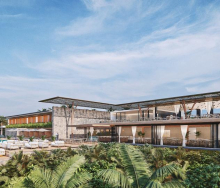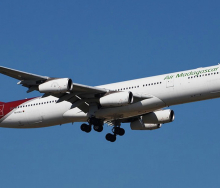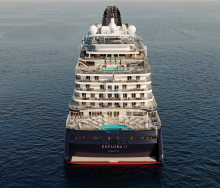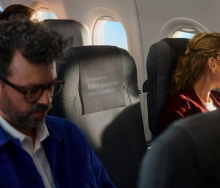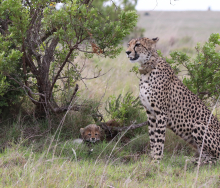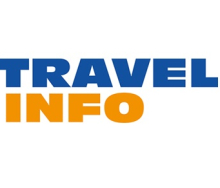The travel industry has raised concerns about the implications of government’s proposed 2% increase in the value-added tax (VAT) rate – a move that ultimately led to the postponement of the 2025 Budget Speech. Originally scheduled for last Wednesday (February 19), the 2025 Budget is due to be tabled on March 12.
An emergency Cabinet meeting of the Government of National Unity could not reach consensus when the Democratic Alliance voiced its “resolute opposition to the ANC’s plan to hike VAT at a time when millions of South Africans are already suffering under a cost-of-living crisis”.
In a media briefing after the postponement, Finance Minister Enoch Godongwana said: “Cabinet is united in the view that we must strike a balance between the interests of the public, economic growth and fiscal sustainability.”
When asked if the VAT hike is the only sticking point in the speech, Godongwana said: “You can’t have the 2% alone without talking about what’s going to replace it. What we are grappling with is not necessarily the 2%. What we are grappling with, given the challenges and priorities we are facing, is how do we fund that? Do we borrow more? Do we continue cutting expenditure? Do we raise tax? We need to find ways of funding our priorities. The debate is what is the best way of doing that.”
A blow to industry
Rosemary Anderson, National Chairperson of FEDHASA, said a 2% VAT increase would be devastating for South Africa’s hospitality industry. “Accommodation providers, restaurants and tourism businesses are already battling rising operational costs due to load shedding, soaring food prices and increased wages. Adding another tax burden will force many businesses – especially small and independent operators – to either absorb the cost at the expense of their survival or pass it on to consumers, making travel and dining out even more unaffordable.”
Instead of raising taxes and stifling growth, Anderson urged government to look at ways to encourage tourism investment. “Offering tax incentives for businesses investing in tourism infrastructure could drive much-needed economic activity while creating jobs where they are needed most,” she said.
Prioritise domestic travel
Prior to the postponement, Otto de Vries, CEO of ASATA, voiced hope that South Africa would see greater acknowledgement of the value of domestic travel as an economic driver. He pointed out that domestic tourism, particularly corporate travel, contributes significantly more to GDP than inbound tourism. Domestic tourism, including corporate travel contributes R123 billion versus the R95 billion inbound tourism contributes yet it does not receive the same level of commitment or funding from a promotional and marketing perspective.
“By focusing more spend on domestic travel opportunities, South African Tourism’s domestic marketing budget, properly allocated, could help to drive quick economic wins. ASATA is here to support South African Tourism in developing a focused approach to unlocking these opportunities through our members,” he said.
At the same time, added De Vries, outbound travel must be recognised as a critical part of tourism growth. Inbound success depends on airlines operating profitable routes into South Africa – and that requires planes to be full in both directions.
“A strong outbound market helps maintain this balance while supporting and creating new jobs and businesses across multiple sectors within South Africa’s economy.
“We would like to see the Minister increase the budgets for the departments of International Relations and Cooperation and Home Affairs, if it supports better risk management strategies and diplomatic engagement, to create conditions that ease travel restrictions on South African passport holders through improved visa policies and reduced costs.”
